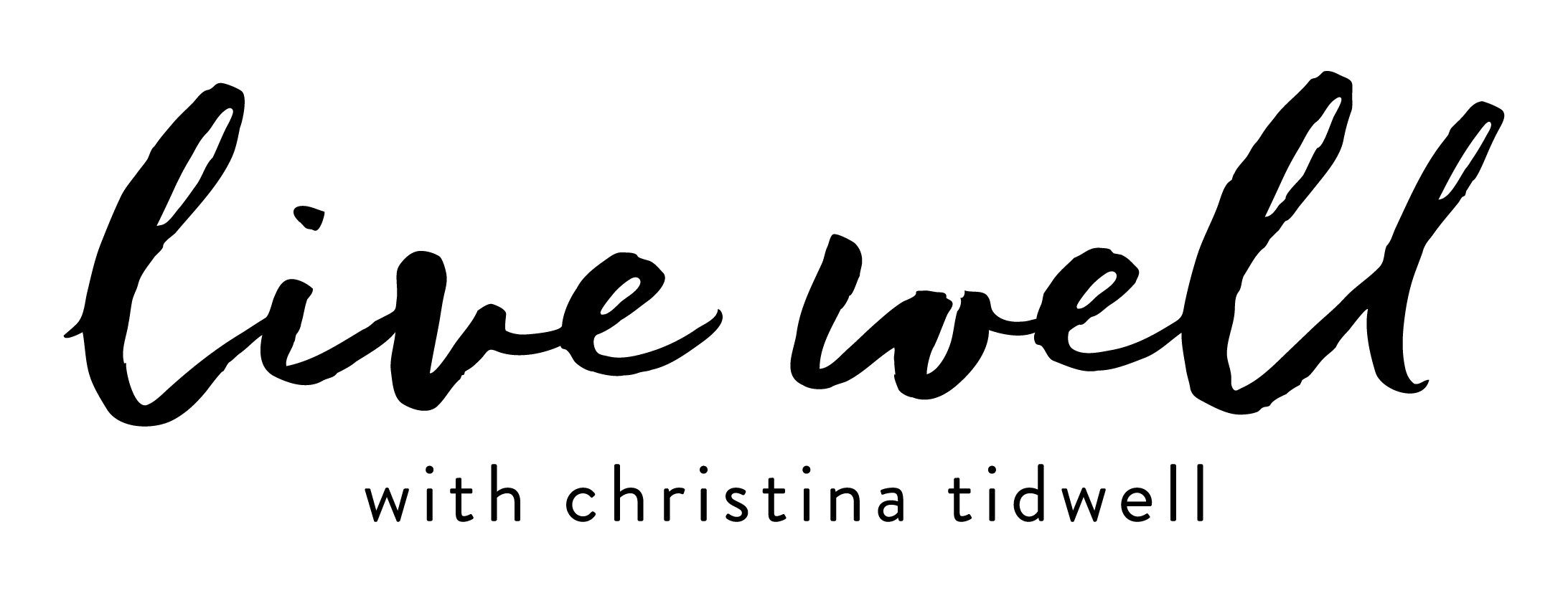The best breathing exercise to reduce stress
We live in a world where we are constantly bombarded with information and stimuli from all angles.
We may find ourselves constantly “on” from the moment we wake up until the moment our head hits the pillow at night. We demand so much of our bodies and minds on a daily basis to keep up with the pace around us, it’s no surprise many of us find ourselves in a constant state of stress, fatigue and exhaustion.
This constant stress may even come to feel normal to us. We become so used to the surge of adrenaline that allows us to power through our day and check off all of the tasks on our to-do list, that it becomes our normal state of being.
While many of us recognize, and even accept constant levels of stress as part of our lives, we may not fully appreciate the fact that chronic stress has serious implications for the health of our bodies.
Often times we think of “stressors” as big, negative events like deaths, divorces or demanding deadlines at work. If someone were to ask, “Are you stressed?” we might answer no because we aren’t experiencing a big trauma at the moment. What we have to understand however, is that stressors that have the ability to influence our body and nervous system, come in all forms.
Chronic, low level stressors that comes from lack of sleep, not enough rest, a packed schedule or long hours at the computer are what have the biggest impact on our overall health and wellbeing.
Stress is our body’s response to any real or imagined threat.
It is a natural response and can be advantageous when it helps protect us and get us ready to be in “flight or fight.” A stressful incident, like being chased by a tiger in the wild, can trigger physiological changes like increased heart rate, increased blood pressure, muscle tension, and rapid breathing. Ideally, these responses cease once we have found safety from the perceived threat.
Unfortunately, the body can react to stressors that are not life-threatening, such as the stressors mentioned above. Over time, this stress becomes chronic, meaning we seemingly never escape the perceived threat and our body never gets a chance to return to it’s natural state of relaxation.
This overexposure to stress can disrupt almost all our body’s processes specifically our hormones and immune response.
So, what can we do about this?
Once you have identified that you are experiencing a chronic stress response, the goal is to find ways to shift yourself away from the “fight or flight” mode into the “rest and digest” mode of your nervous system.
There are many ways to do this, but one of my favorite ways is using this 4-7-8 breathing exercise demonstrated in the video below.
This 4-7-8 breathing exercise works by activating the diaphragm which stimulates the vagus nerve to reduce the sympathetic or “fight or flight” response in the body [1].
It’s best to start slow with this exercise to see how it makes you feel. Try 5 breaths in a single sitting. Aim to bring this practice in twice a day or as many times as feels good for you.
Watch the video below for a simple demonstration of the 4-7-8 breathing exercise you can try today!
PREFER TO LISTEN? TUNE INTO THE LIVE WELL PODCAST BELOW (AND DON'T FORGET TO SUBSCRIBE SO YOU'LL NEVER MISS OUT!)
Click here to listen in iTunes
Click here to listen in Stitcher
Or if you’d like to play the episode right now in your browser, use the player below:
If we haven't met before, I'm Christina Tidwell, founder and owner of Live Well with Christina. I'm so excited that you're here and have begun to delve into your health and wellness journey! Here at Live Well we help people with autoimmune disease take control of their health through nutrition, lifestyle shifts and personal empowerment.
If you suffer from:
Fatigue and energy crashes
Brain fog
Poor digestion
Symptoms of autoimmunity
Stress and overwhelm
...and aren't getting the support you need, I can help guide you through the scope of 1:1 health and nutrition coaching.
Health coaching is a necessary extension of the health care system in that together we have more time to uncover issues, implement strategies and assess outcomes together to help you make sustainable and lasting changes. I offer accountability, knowledgeable guidance and most importantly support.
I always offer free 30-minute discovery sessions to get clear on your major health concerns and what’s standing in your way. Click the button below to set up your free consultation and we can create a plan of action specifically for you.



